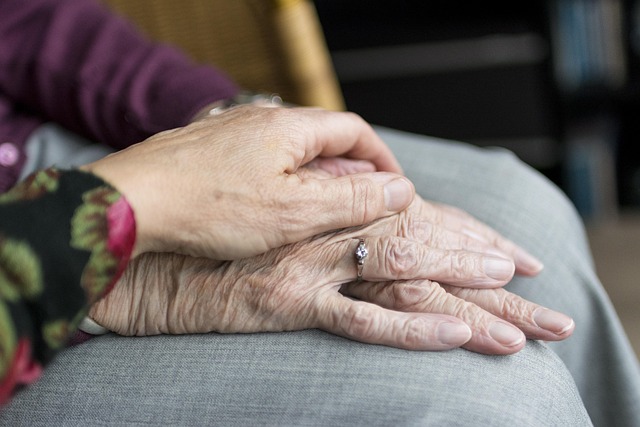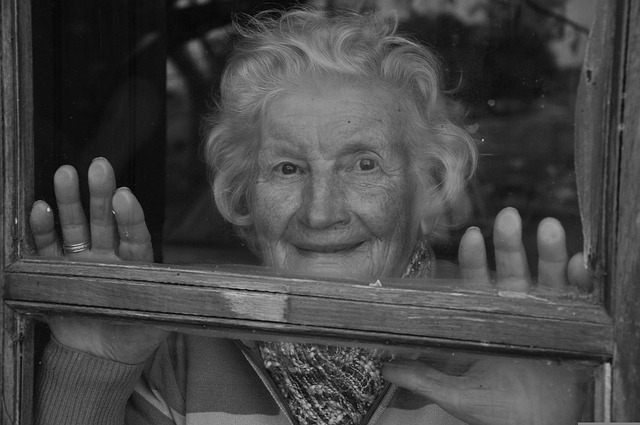Grandparents seeking legal rights in Oregon must navigate the state's court system, prioritizing understanding jurisdiction and local family law. Key steps involve consulting attorneys, filing petitions, attending hearings, and collaborating with social workers involved from initial stages. Grandparents face unique challenges like complex timelines and emotional turmoil but can access support through legal aid, community centers, and non-profits to advocate effectively for their rights and grandchildren's best interests in Oregon court processes.
“Grandparents seeking custody or visitation rights in Oregon often face complex legal landscapes. This comprehensive guide offers valuable insights into the state’s court process, designed to empower grandparents navigating these challenging situations. From understanding jurisdiction and legal procedures to recognizing common challenges, this article equips readers with knowledge to advocate for their rights effectively. We also highlight the role of social workers and provide essential resources to support grandparents throughout the intricate Oregon court process.”
- Understanding Oregon Court Jurisdiction for Grandparents
- Legal Steps to File for Grandparent Rights
- The Role of Social Workers in Court Cases
- Common Challenges Facing Grandparents in Oregon
- Support Resources for Grandparents Navigating the System
Understanding Oregon Court Jurisdiction for Grandparents

Navigating the Oregon court process as a grandparent can seem daunting, but understanding jurisdiction is a crucial first step. The state’s court system has specific guidelines regarding family law matters, including those involving grandparents’ rights. In Oregon, courts aim to ensure the best interests of children while also recognizing the significant role that grandparents often play in their lives.
Jurisdiction over grandparent rights typically lies with the county court where the minor child resides. This means that if a grandparent seeks legal involvement or custody, they would file within the jurisdiction of the local county court. By understanding this process and familiarizing themselves with Oregon’s family law laws, grandparents can actively participate in decisions affecting their family’s future.
Legal Steps to File for Grandparent Rights

Navigating the Oregon court process to file for grandparent rights involves several key steps. First, consult with a family law attorney who specializes in these matters. They can guide you through the specific requirements and help prepare the necessary legal documents, such as a petition to establish grandparent visitation or custody. This is crucial, as each case is unique and requires precise compliance with Oregon’s laws.
Next, gather essential documentation, including birth certificates, proof of relationship to the grandchild, and any relevant court orders related to the child’s current living situation. File your petition with the appropriate Oregon court, typically the juvenile or family court, depending on the circumstances. Regularly attend hearings, be prepared to present your case, and follow the judge’s orders for further actions, such as mediation or a trial, to ultimately establish or modify grandparent rights.
The Role of Social Workers in Court Cases

In Oregon, social workers play a pivotal role in court cases involving children and families. They are often involved from the initial stages of a case, conducting assessments and providing crucial support to both parents and grandparents. During navigating the Oregon court process, these professionals offer valuable insights and recommendations, ensuring the best interests of the child are at the forefront. Their expertise helps courts make informed decisions by presenting unbiased, detailed reports that consider various aspects of a family’s situation.
Social workers facilitate communication between the court, parents, and grandparents, helping to bridge any gaps or misunderstandings. They may also coordinate with other agencies and resources to create a comprehensive support system for the family. Their involvement can significantly impact the outcome of cases, especially when it comes to temporary or permanent custody arrangements, by offering practical solutions and advocating for the needs of all involved parties in the complex Oregon court process.
Common Challenges Facing Grandparents in Oregon

Grandparents facing legal proceedings in Oregon often encounter unique challenges. One significant hurdle is understanding the intricate nature of the state’s court system, especially when they are new to navigating the legal process. The complex procedures and jargon can be overwhelming, making it difficult for grandparents to advocate for their rights effectively.
Additionally, grandparental custody cases often involve emotional turmoil and tight timelines. Grandparents must quickly assemble relevant documents, such as medical records and financial statements, to support their claims. They also need to familiarize themselves with the legal criteria for custody decisions, which can be complex and vary based on each child’s circumstances. These challenges demand a strategic approach and prompt action to ensure grandparents’ voices are heard during court proceedings.
Support Resources for Grandparents Navigating the System

Grandparents facing the Oregon court process can benefit from various support resources designed to help them navigate this complex system. Legal aid organizations, such as the Oregon Law Help website, offer free or low-cost legal assistance to qualified individuals. These services can provide guidance on procedures, explain laws, and even represent grandparents in court if needed.
Additionally, local community centers and non-profit organizations often host workshops and support groups tailored to grandparents’ unique challenges. These gatherings offer a chance to connect with peers facing similar situations, share experiences, and gain insights from professionals who specialize in family law. Resources like these are invaluable for grandparents navigating the Oregon court process, ensuring they have the information and backing needed to advocate for their rights and best interests of their grandchildren.














